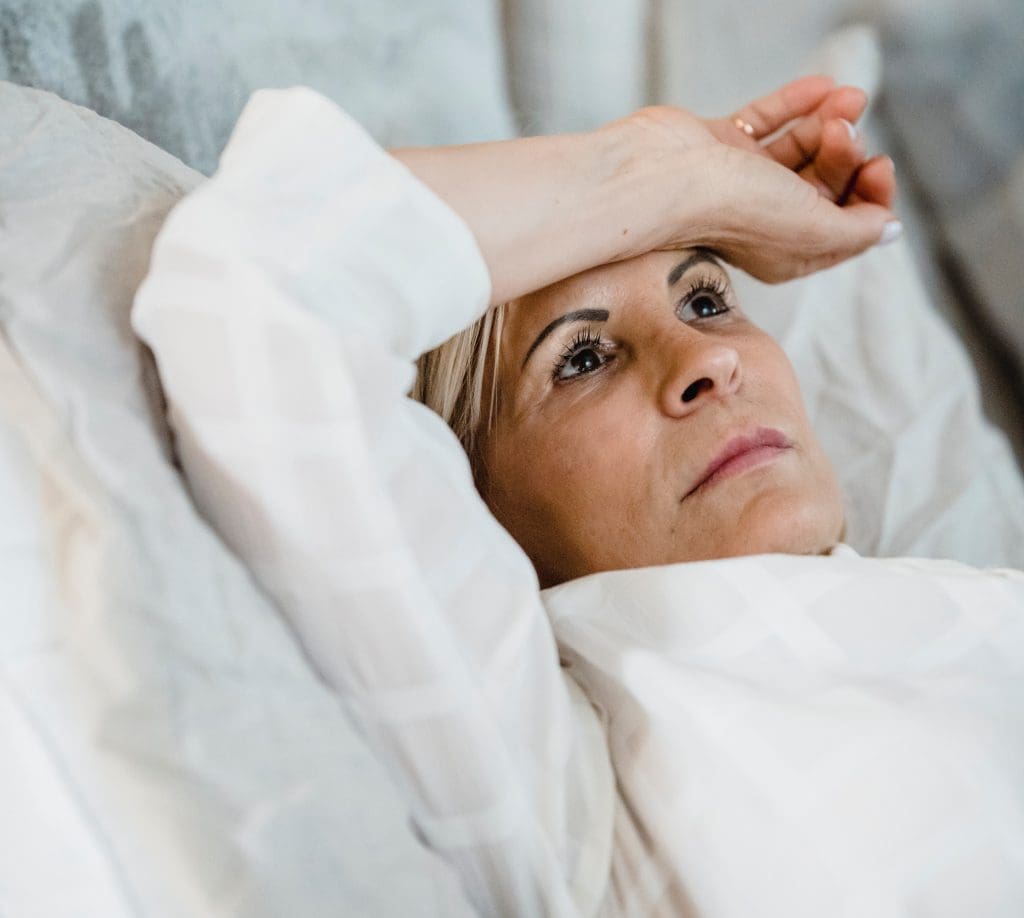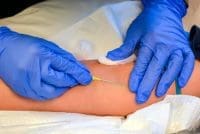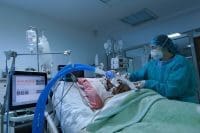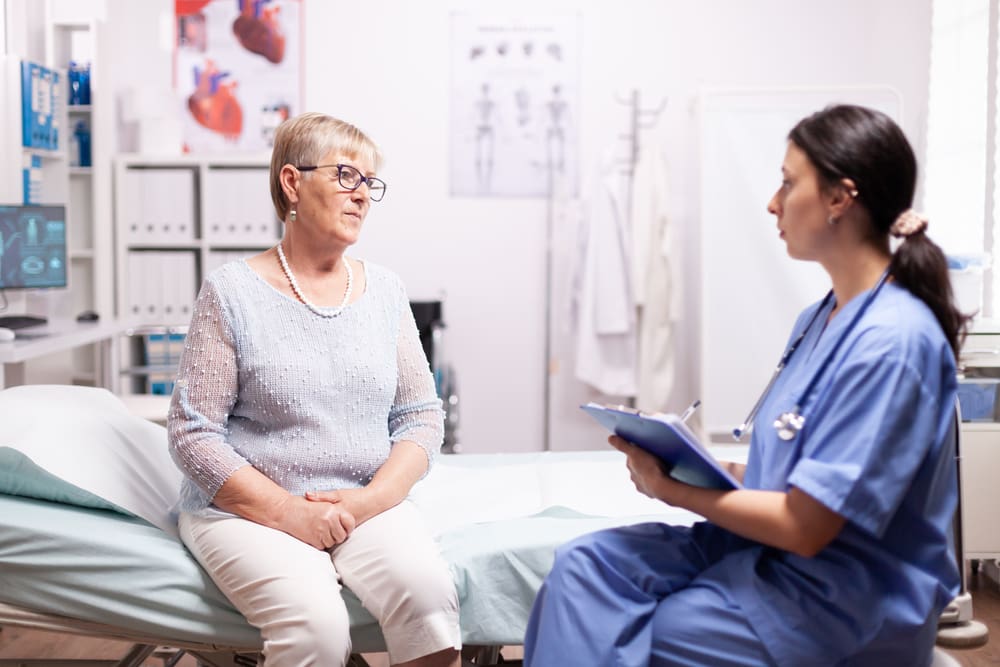Here is a promised summary of what really can happen to the body as a result of menopause. This comes from the established scientific literature; so do not shoot the messenger.
Above all, keep in mind that this is the totality of possibilities. Not everything or anything happens to everybody.
The real menopause effects can be divided into early and late as follows:
- The true early effects and potential symptoms
- The late-presenting problems
The following summary list of conditions associated with menopause is the worst-case scenario – it is not inevitable that all this will happen to one individual, and progress varies over time.
|
SITE |
PATHOLOGY |
SYMPTOMS |
|
Vulva/Vagina |
Vaginal atrophy Vaginitis (infections) |
Itching, burning Discharge Painful intercourse |
|
Uterus |
Utero-vaginal prolapse |
Dropping sensation Difficult intercourse |
|
Bladder/Urethra |
Altered urethra Infections |
Stress incontinence Overactive bladder Urgency & frequency
|
|
Skin |
Atrophy
Androgen effect
|
Dry skin Easily injured Wrinkles Decreased sensation Acne
|
|
Bodyweight |
Hormonal effects |
Less muscle More fat Increased weight |
|
Hair |
|
Male pattern loss Hair on face Dryness |
|
Vision |
Macular degeneration |
Dry eye Loss of vision
|
|
Hearing |
|
|
|
Muscles |
|
|
|
Joints |
|
No known menopause effect |
|
Headache |
|
Less migraine |
|
Skeleton (bone) |
|
Osteoporosis Fractures – hip, spine Backache |
|
Teeth |
|
Tooth loss Gingivitis |
|
Heart and Blood vessels |
|
Angina pectoris Heart attack Stroke |
|
Brain |
|
VMS – hot flashes Blue moods Disturbed sleep |
|
Sexual behavior |
|
Painful intercourse Reduced desire Reduced sensation |
|
Breasts |
|
Shrinking Sagging |
|
Voice |
Androgen effect |
Voice deepens |
All these potential changes in the different body parts will develop at different rates. Usually these changes are only very slowly progressive, and the onset of symptoms may take years to appear. Of course they may never happen!
Other symptoms may occur very early.
What the real early and late symptoms are, and why the menopause experience is so variable for different women, is where I will go in my next blog.
In the meanwhile, have a great week.
Wulf Utian MD PhD DSc, Author;
CHANGE YOUR MENOPAUSE – Why one size does not fit all. http://www.amazon.com/Change-Your-Menopause-size-does/dp/0982845723/



















1 Comment.
Repeat after me: “I enjoy being a girl.” Sheesh!